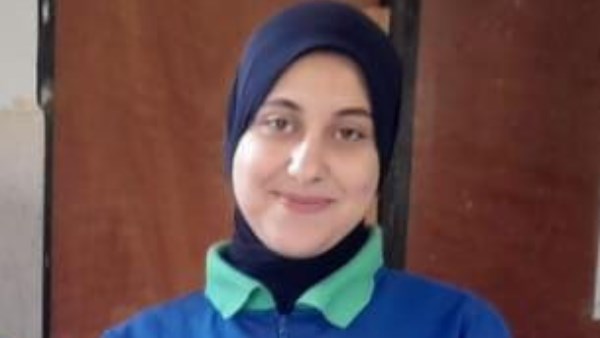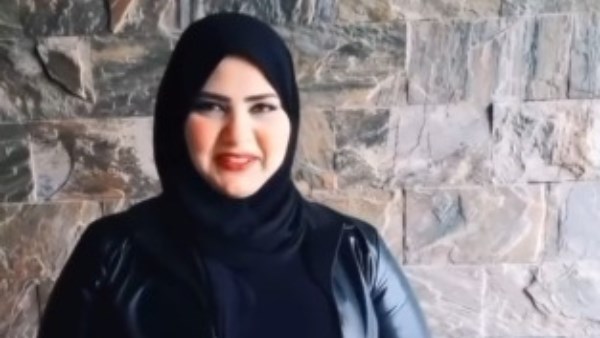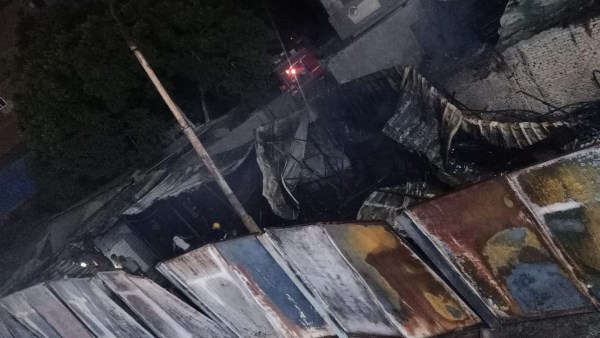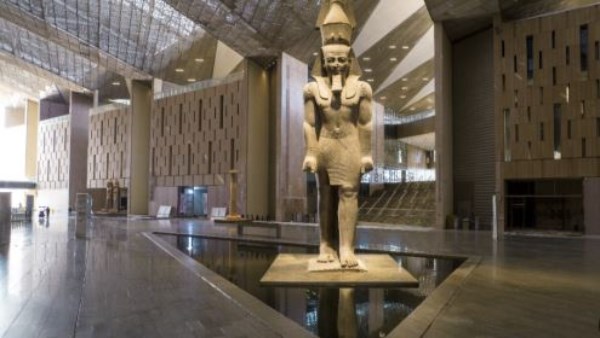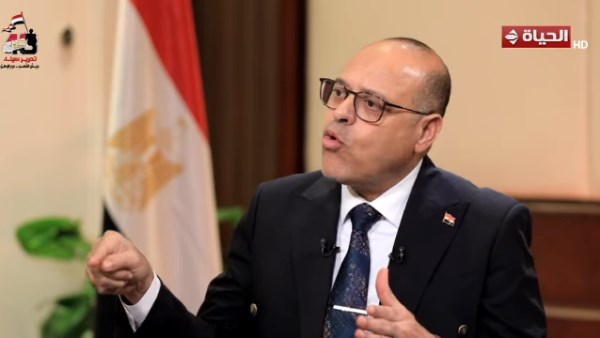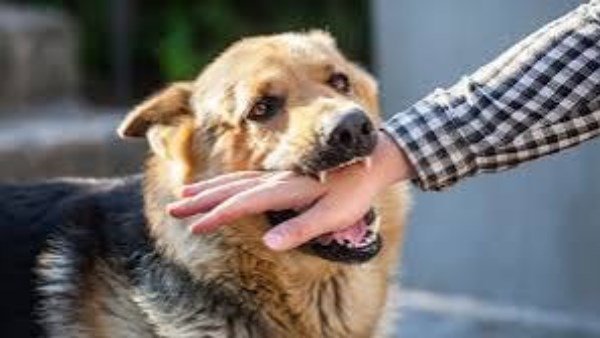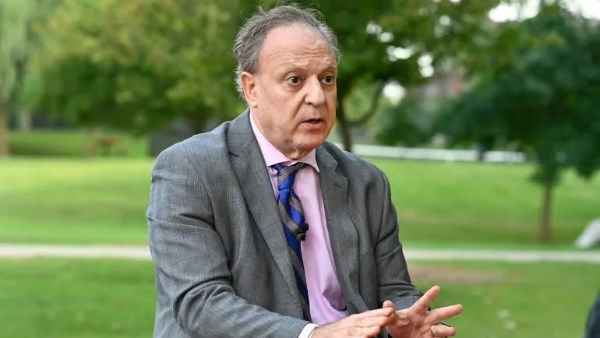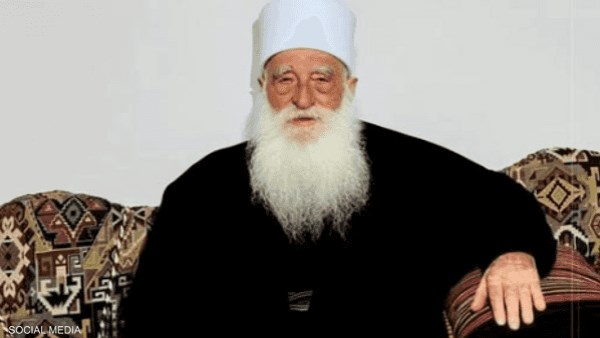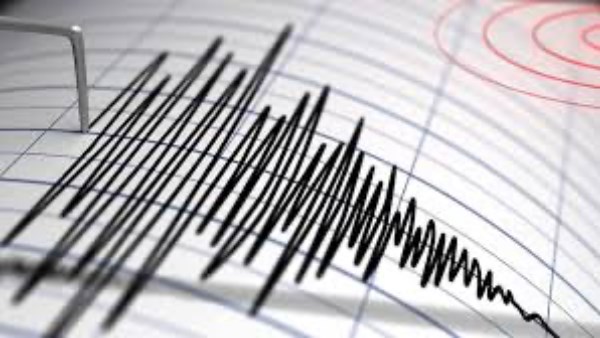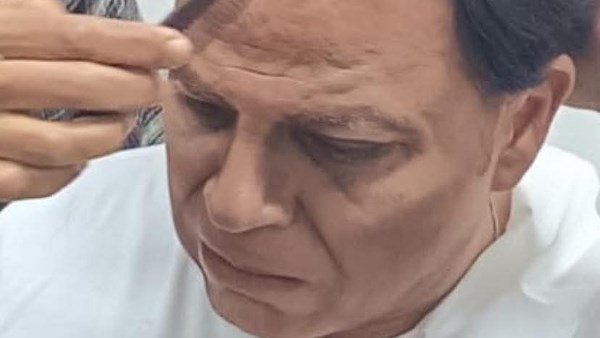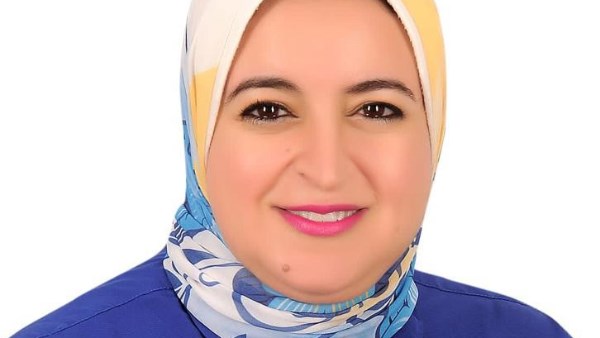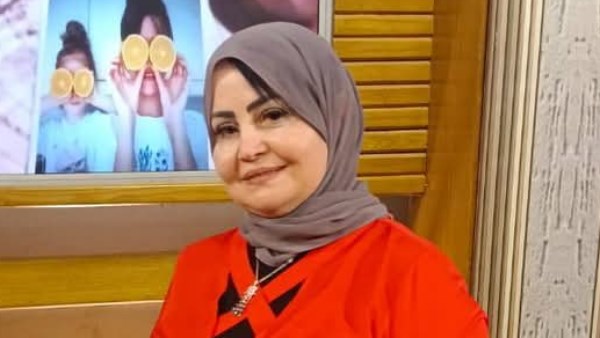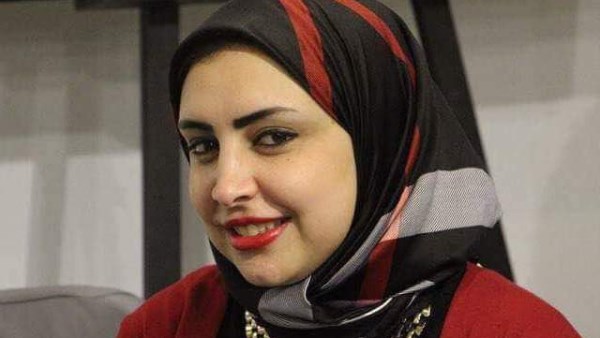The first Death anniversary of Al-Shahroura Sabah

Sabah was born on 10 November 1925, Bdadoun. She was a Lebanese singer and actress. Considered a "Diva of Music" in the Arab World, (the same title often given to Oum Kalthoum, Warda Al-Jazairia and Fairuz), she released over 50 albums and acted in 98 movies as well as over 20 stage Lebanese plays. She had a reported more than 3,500 songs in her repertoire. She was among the first Arabic singers to perform at the Olympia in Paris, Carnegie Hall in New York, the Piccadilly Theatre in London and at the Sydney Opera House. She was considered one of the four Lebanese icons along with Fairuz, Wadih El Safi and Samira Tawfiq and was nicknamed "Empress of the Lebanese Song".
Career
Sabah released her first song in 1940 at age 15. She soon caught the eye of Egyptian film producer Asia Dagher, who immediately signed her for three films. The first of these, El-Qalb Louh Wahid (The Heart Has Its Reasons), made her a star and she became known by her character's name—Sabah—which is Arabic for morning. She also acquired several affectionate nicknames, including "Shahroura" ("singing bird") and "Sabbouha," a diminutive of Sabah. Among her most popular films were Soft Hands (1964), Ataba Square (1959), and The Second Man (1960), in which she played a cabaret singer who vows to avenge her brother's death at the hands of a smuggling ring. In her parallel music career, she recorded more than 3,000 songs, working with a string of legendary Egyptian composers, including the late Mohammed Abdul-Wahhab. She specialised in a Lebanese folk tradition called the mawal, and her most famous songs included "Zay el-Assal" ("Your Love is Like Honey on my Heart") and "Akhadou el-Reeh" ("They Took the Wind"). Sabah released over 50 albums and acted in 98 films during her career. Sabah's youthfulness and the joy she brought in her performances made her a living symbol of the “belle époque” and of the “joie de vivre” in the Levant and the Arab world.
In addition to her Lebanese citizenship, Sabah held Egyptian, Jordanian and US citizenship as well, and continued to perform and make television appearances into her 80s.
Personal life
Sabah married seven times, most notably to Egyptian actor Roshdi Abaza and Lebanese author-director Wassim Tabbara. Her last marriage, to Lebanese artist Fadi Lubnan, and the Lebanese business man Najib Chammas, the Egyptian Anwar Mansy . She had two children, doctor Sabah Chammas and actress Howayda Mansy.
In her advanced age, refusal to leave the limelight, as well as her garish outfits. But she was unabashed: "I'm proud that I'm a village girl but I had a lot of ambition," she said in 2008. Chady Maalouf, head of programming at Voice of Lebanon radio said, "She broke so many taboos. I don't know if she was even aware of it...She was the example of a star, she was totally complete in her appearance, behaviour and voice. She shocked people all the time." It should be also added that she was known for her truly remarkable joie de vivre as she irradiated to her public a sense of happiness and goodness in embodiment of a belle époque in the modern Arab world!
She lived many love stories but she never found love. She said in one of her interviews that her ex-husbands usually called her Mrs. Bank. They got married to her just because of her big fortune, and that's why none of her love relationships continued with success, and not to mention of how many times she got cheated by them, Wassim Tabbara cheated on her, Najib Chammas wanted her to get away from the spotlights and to be a housewife, Anwar Mansi was a poker addicted person and he was beating her as well.
Last years
Sabah experienced financial difficulties and after selling her home in the early 2000s, moved to Hotel Comfort in Hazmieh, Beirut, and later lived in Hotel Brazilia next door. She suffered from many illnesses due to several thrombuses in her brain, leading to loss of control of her left hand and foot. Though her condition impaired her concentration, her memory remained intact.
Until 2009, she performed both in concert and on television, including such programs as Star Academy (the Arabic equivalent of the United Kingdom’s Fame Academy), where she sang her new single on stage opposite a line of mannequins displaying costumes from several of her early films and musicals. In the 1990s, she and her former husband Fadi Lubnan (Kuntar) made a documentary about her life aired on Future Television under the Name "The Journey of my Life", She also developed a close collaboration with singer Rola Saad in remaking some of her old hits, such as “Yana Yana”. The accompanying video, in which Sabah is shown as “the notorious diva” to whom her younger colleague pays tribute, has received wide play on Arabic music channels. Sabah was hosted on Akher Man Yalam on 31 May 2010. In the 2011 edition of the Beiteddine Art Festival, a show retracing the journey of Sabah as a singer and movie star was performed. In the title role, Ruwaida Attieh shared the stage with more than 40 singers and dancers to honor her works.
Death
Constant rumors involving Sabah’s death had circulated days before she died. Saddened by those rumors, Sabah said, ”Am I bothering them while I'm still alive ?”
Unfortunately, Sabah did die on November 26, 2014 at the age of 87 in her home at Hotel Brazilia for unspecified reasons around 3:00 a.m. Clauda Akl, the daughter of her sister Lamia, published the sad news on her Facebook page at around 6:45 a.m, said that Sabah wished before dying that people will dance Dabke at her funeral, and should not feel sad because she went to a better place and to keep listening to her songs and to always be happy no matter what, like Sabah always gave happiness to people. Sabah said: “I’ve lived enough”.


